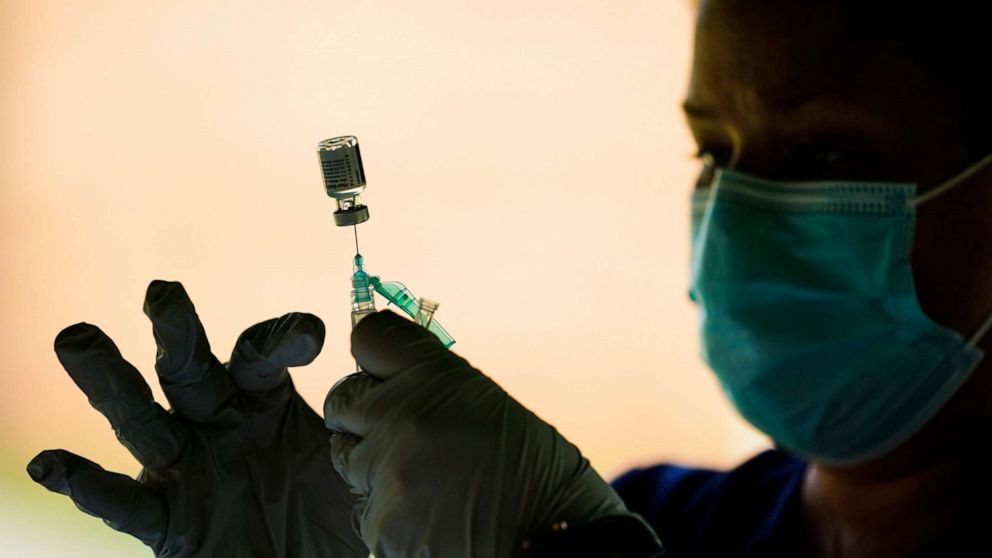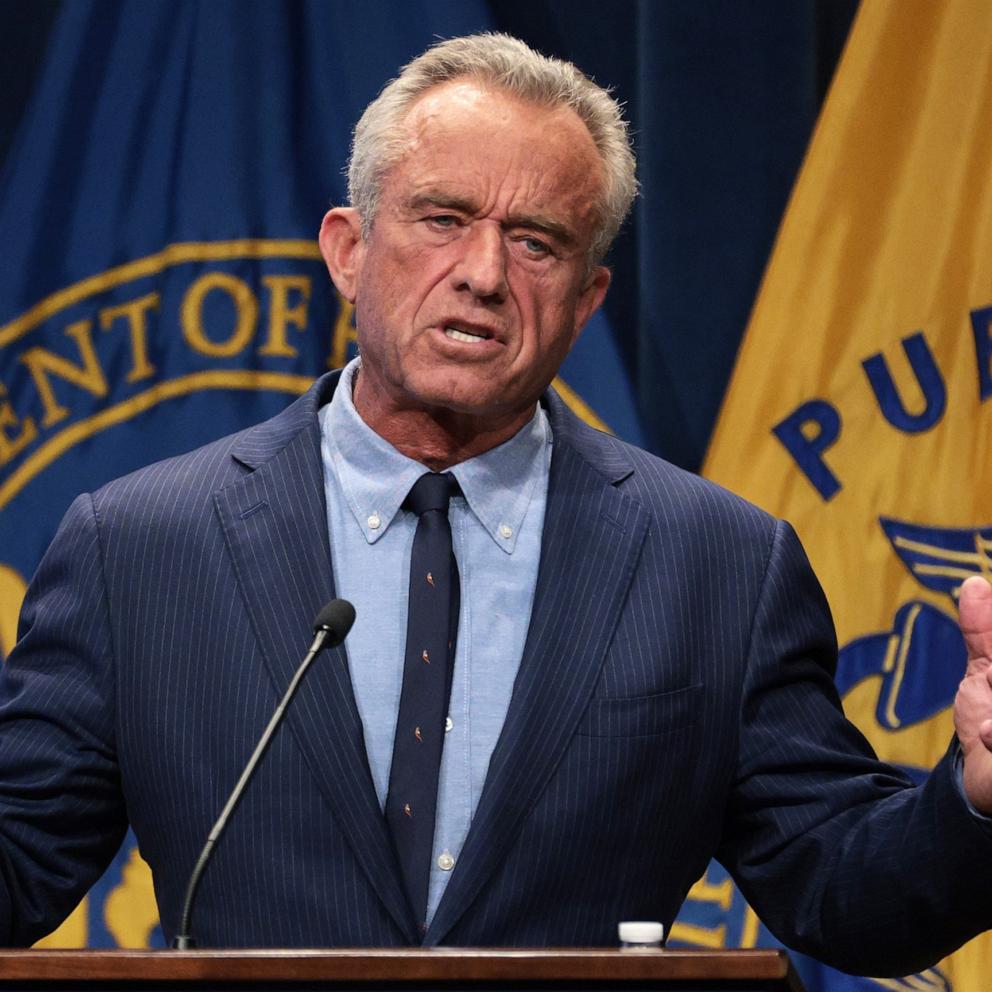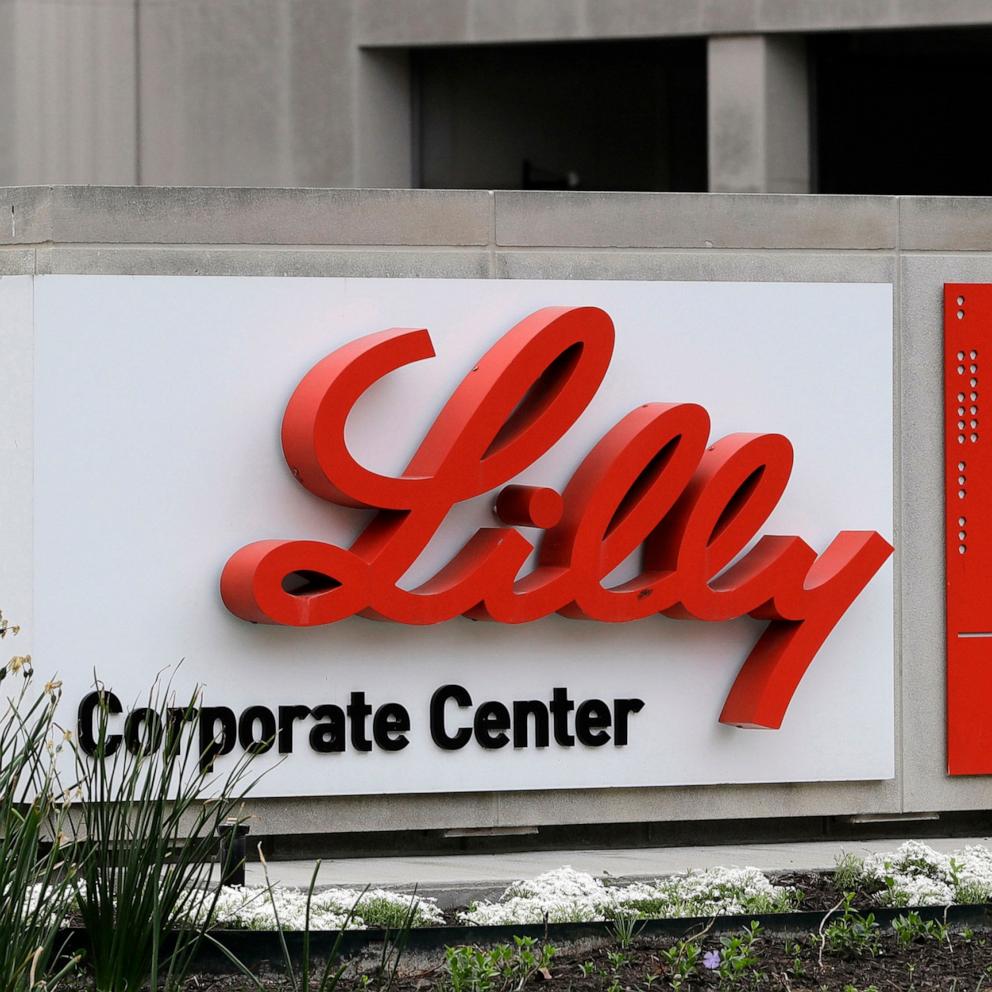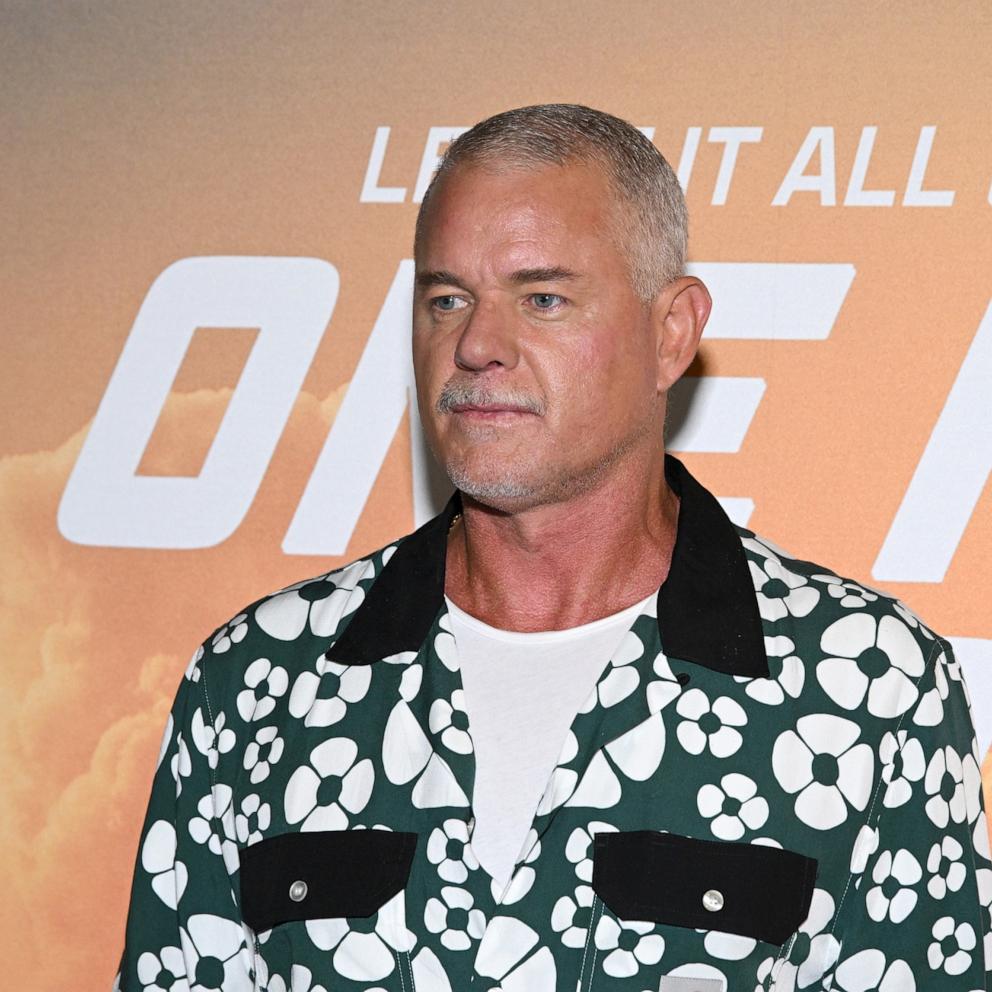CDC director signs off on Pfizer, Moderna boosters for all adults
The Centers for Disease Control and Prevention gave a final signoff Friday for everyone 18 and older to get a Pfizer-BioNTech or Moderna booster if they're at least six months past their final shot, teeing up many Americans to gain extra protection ahead of a possible winter surge in cases.
Recipients of the Johnson & Johnson vaccine have already been authorized to get a booster two months after their initial shot.
"Booster shots have demonstrated the ability to safely increase people's protection against infection and severe outcomes and are an important public health tool to strengthen our defenses against the virus as we enter the winter holidays. Based on the compelling evidence, all adults over 18 should now have equitable access to a COVID-19 booster dose," CDC Director Rochelle Walensky said in a statement.
The CDC advisory panel voted unanimously to recommend the boosters earlier on Friday.
The panel particularly urged everyone 50 and older to get a booster, while also allowing everyone 18 to 49 to get one.
The panel members were enthusiastic that the new recommendations were simpler than the prior ones and would cut through confusion that had potentially been keeping people from lining up for extra shots.
Previously, the FDA and CDC recommended Pfizer-BioNTech and Moderna boosters for those 65 and older and people at high risk of contracting the virus -- either because of their job, where they live or underlying conditions -- six months after their second shot, and Johnson & Johnson for everyone two months after their first shot.
"As a clinician deep in the clinical trenches, I am really glad that we have clarity and streamlining of the recommendations so that all Americans can understand the vaccines that are recommended for them at this time, and I'm proud of the work we've done today," Dr. Camille Kotton, clinical director in the Infectious Diseases Division at Massachusetts General Hospital, told the panel.
In weighing his decision to recommend boosters for all adults, panel member Dr. Oliver Brooks, chief medical officer at Watts Healthcare Corporation in Los Angeles, asked, "Is there a reason not to do it, and primarily, is there a safety reason not to do it?"
"The information provided says no, to me, there's no safety reason not to do it," he said.
"And then is it needed?" Brooks asked. "I think important data that was presented at the very beginning is the case rate is increasing and that there's information that shows that there is some protection, at least for the first couple of months, in terms of potential transmission as we hit the holidays."
Dr. Matthew Daley, panel member and senior investigator at the Institute for Health Research, said he specifically supported a "stronger" recommendation for adults over 50 "to make sure that we provide as much protection as we can" given rising cases in the U.S. and abroad.
"I feel like the benefits in that group of a stronger recommendation would outweigh the risk," Daley said.
Earlier in the day, the Food and Drug Administration authorized booster doses of the two-shot, mRNA vaccines for everyone 18 and older, kicking off the process.
"The FDA has determined that the currently available data support expanding the eligibility of a single booster dose of the Moderna and Pfizer-BioNTech COVID-19 vaccines to individuals 18 years of age and older," Dr. Peter Marks, director of the FDA's Center for Biologics Evaluation and Research, said in a statement Friday morning.
"Streamlining the eligibility criteria and making booster doses available to all individuals 18 years of age and older will also help to eliminate confusion about who may receive a booster dose and ensure booster doses are available to all who may need one," Marks said.

The authorization came as many states face upticks in COVID-19 infections. Fourteen states plus New York City have officially told all of their residents to get booster shots ahead of word from the FDA. While the most effective way to stop rising cases is to vaccinate the unvaccinated, public health officials are also eager to drive down breakthrough cases as hospitals near capacity.
While the previous recommendation for boosters broadly covered the majority of vaccinated Americans, the expanded booster authorization will bring coverage to more young people, a group intentionally left out of the recommendations two months ago because experts wanted more data.
They raised questions about whether young people needed boosters given the strong protection the vaccines still provide against hospitalization and death for that age group. They also questioned whether there was enough data on the safety of a third shot for this group, since much of the data was on elderly populations who had begun to lose protection.
On Friday, the FDA said it had conducted a risk-benefit analysis with "additional real-world data." Specifically, the FDA said the benefits of a booster dose outweigh the risk of myocarditis and pericarditis, heart inflammation conditions that have been linked to the mRNA vaccines in rare occurrences, mostly in teenage and young adult men.
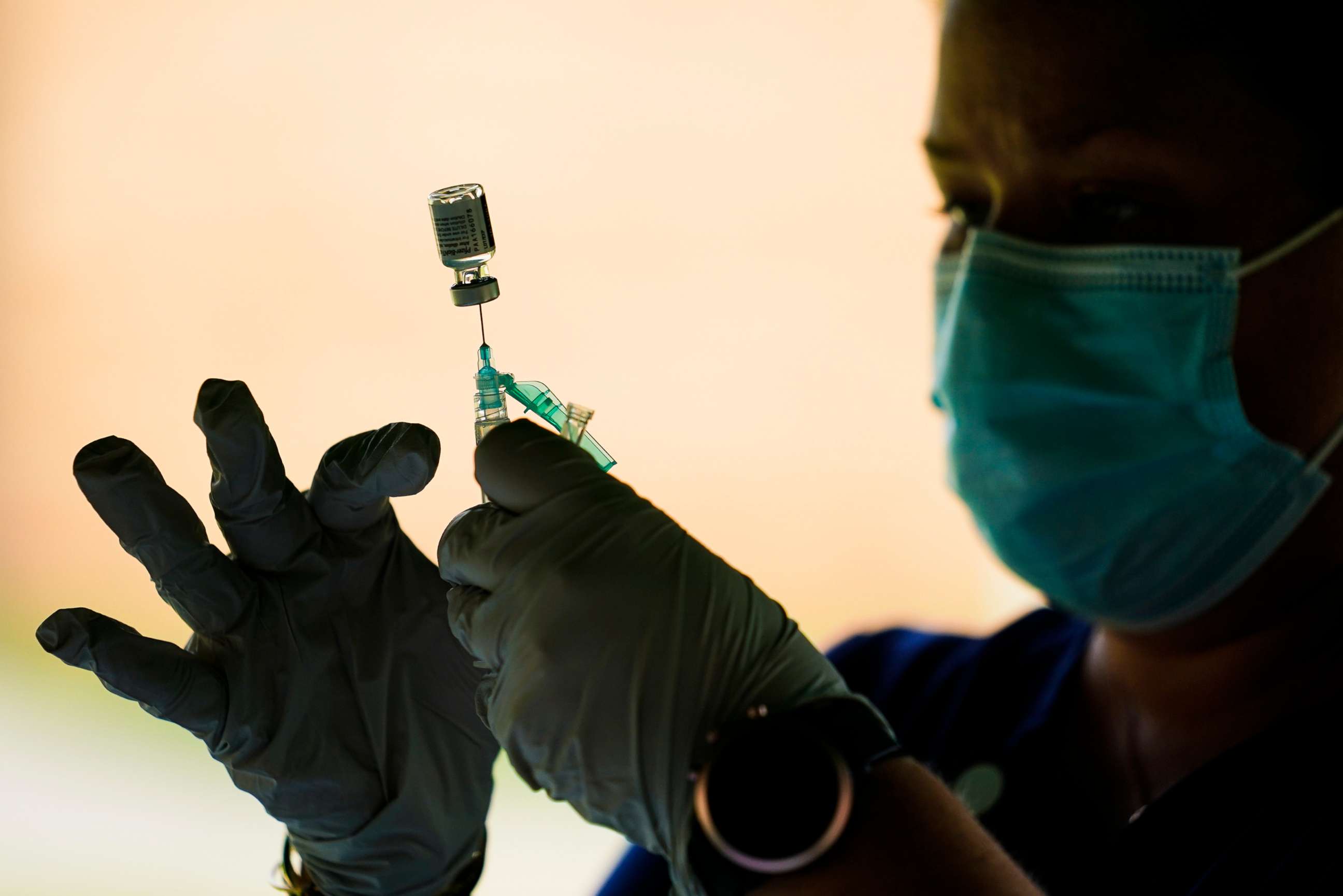
"Throughout the course of the COVID-19 pandemic, the FDA has worked to make timely public health decisions as the pandemic evolves," acting FDA Commissioner Janet Woodcock said in a statement Friday.
"COVID-19 vaccines have proven to be the best and highly effective defense against COVID-19. Authorizing the use of a single booster dose of either the Moderna or Pfizer-BioNTech COVID-19 vaccine for individuals 18 years of age and older helps to provide continued protection against COVID-19, including the serious consequences that can occur, such as hospitalization and death," she said.
For its most recent request, Pfizer submitted more data. The clinical trials, which studied 10,000 adults of all ages, showed that people who received a third dose of the Pfizer-BioNTech vaccine had 95% efficacy against COVID-19 compared with those who received two shots, according to a press release from Pfizer on Nov. 9. Compared with unvaccinated people, Pfizer projected that efficacy was 98%.
Delivering boosters for all adults will finally help President Joe Biden make good on a pledge from August, when he announced a plan to offer all Americans boosters eight months after their second shot.
